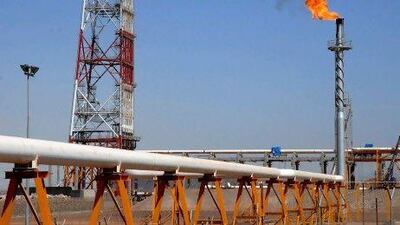Yemen has attracted relatively little foreign investment in recent years, in part because of a dearth of natural resources and its fractured social and political scene.
As an insurgency continues in the country's unstable north, few major foreign companies have been willing to deploy capital there.
Widespread poverty and limited consumer spending have also diverted foreigners to other parts of the region.
Despite a general unease among outsiders because of the situation, Yemen has increasingly sought foreign investment in various industries including tourism, steel manufacturing and energy. A revision of investment laws in 2002 prohibited the government from nationalising foreign assets and allowed foreign companies to repatriate profits made in Yemen.
Regional governments and companies have responded in recent years by increasing investment in the country. The Abu Dhabi Government granted Yemen US$650 million (Dh2.38bn) in 2009, including a contribution by the Abu Dhabi Fund for Development to the $98.6m Hassan Dam project, on which construction reportedly began last year.
In December, Abu Dhabi's Mubadala Oil & Gas and Yemen Company for Investments in Oil and Minerals said they signed an agreement to co-operate on exploration and production of oil and gas in Yemen.
The deal involved an exchange of technical information between the two companies and an exploration of potential investments in Yemen's oil and gas sector. DP World, the global ports operator owned by Dubai World, manages container handling at the Port of Aden under a concession agreed on in 2008. DP World Aden is a joint venture between DP World and Yemen Gulf of Aden Port Corp.
Foreign direct investment in Yemen is among the lowest in the Middle East, totalling just $129m in 2009, according to World Bank figures.
bhope@thenational.ae
afitch@thenational.ae

Held back by a poor image
Yemen has attracted relatively little foreign investment in recent years, in part because of a dearth of natural resources and its fractured social and political scene.
Most popular today
